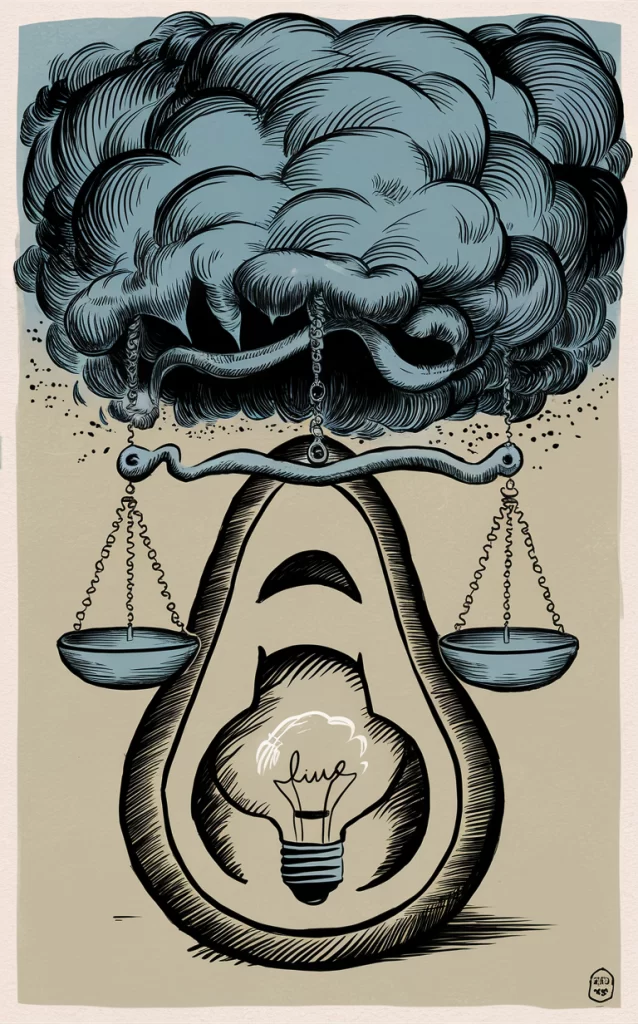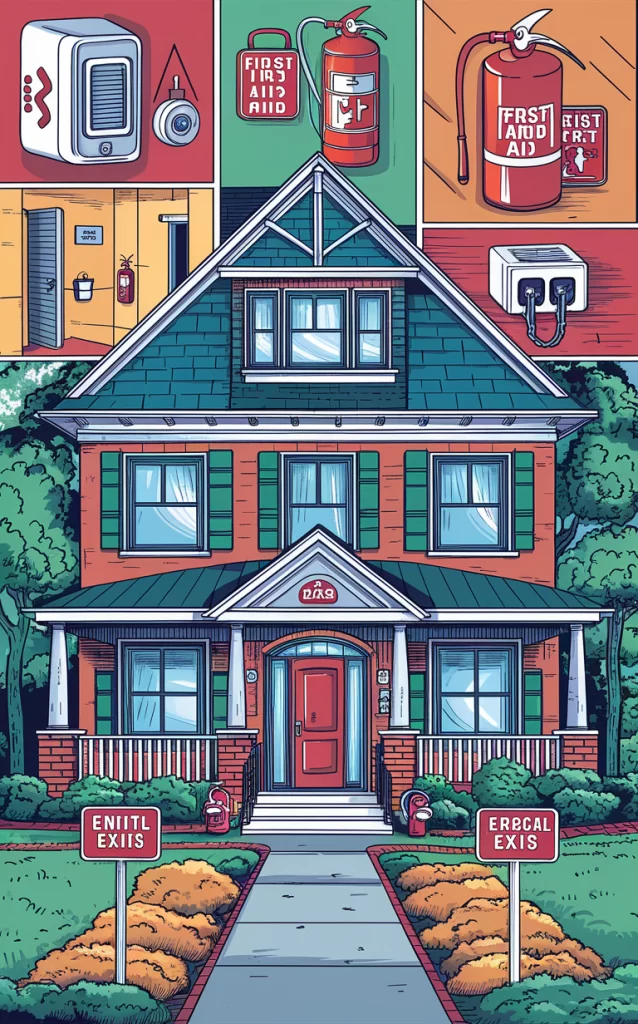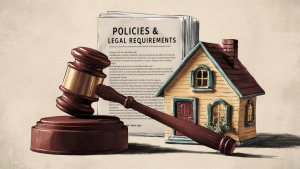
Airbnb Guest: A Host’s Guide to a Memorable Start
Facebook Twitter LinkedIn Reddit Email WhatsApp Welcome Your First Guest on Airbnb: A Host’s Guide to a Memorable Start Welcoming your first guest on Airbnb
As an Airbnb host, it’s crucial to understand the legal landscape to avoid potential pitfalls and ensure a smooth hosting experience. From local regulations to taxes and insurance, here’s a comprehensive guide on what you need to know about the legal aspects of hosting on Airbnb.
Each city and country has its own set of rules and regulations regarding short-term rentals. It’s essential to research and comply with these local laws to avoid fines or other legal issues.
As an Airbnb host, you are responsible for understanding and paying the appropriate taxes. This can include:
Consider consulting with a tax professional to ensure you’re meeting all tax obligations.

Standard homeowner’s insurance may not cover damages or liabilities related to short-term rentals. To protect yourself and your property, consider the following:
Ensuring the safety of your guests is a legal and ethical responsibility. Adhere to the following safety standards:

Clear communication with your guests is key to a successful hosting experience. Establish and enforce rental agreements and house rules:
Maintaining good relationships with your neighbors can help prevent complaints and legal issues:
In rare cases, you may encounter difficult guests. It’s important to know the legal procedures for eviction and dispute resolution:
“Real estate is the purest form of entrepreneurship.”
– Brian Buffini Tweet
Being aware of the legal considerations for Airbnb hosting is essential for a smooth and successful experience. By understanding and complying with local regulations, tax obligations, and safety standards, you can protect yourself and your property while providing a positive experience for your guests. Happy hosting!

Facebook Twitter LinkedIn Reddit Email WhatsApp Welcome Your First Guest on Airbnb: A Host’s Guide to a Memorable Start Welcoming your first guest on Airbnb

Facebook Twitter LinkedIn Reddit Email WhatsApp Mastering Airbnb Policies and Legal Requirements: A Guide for Hosts If you’re considering hosting on Airbnb, understanding the platform’s

Facebook Twitter LinkedIn Reddit Email WhatsApp The Anatomy of a Perfect Airbnb Listing Creating an irresistible Airbnb listing is both an art and a science.